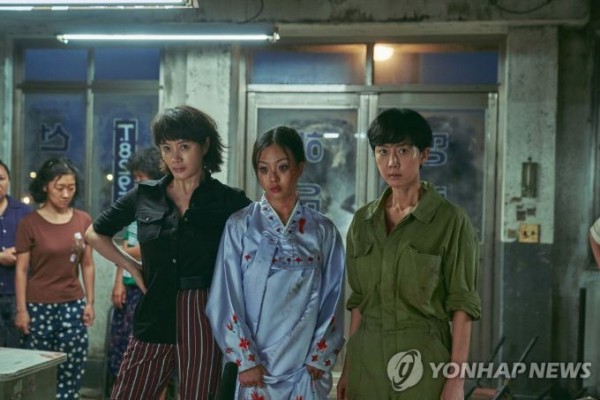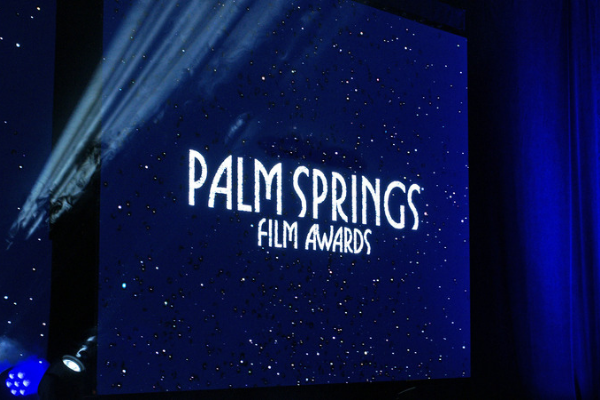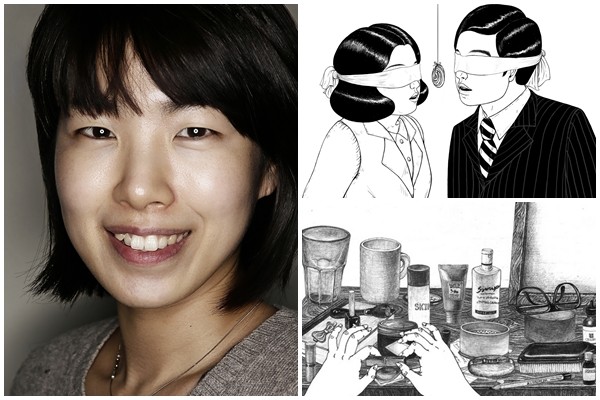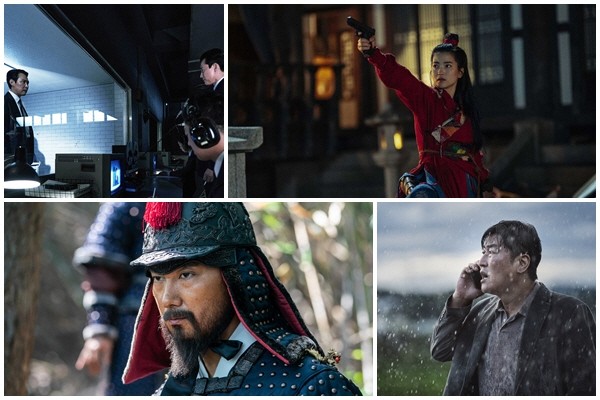130, Suyeonggangbyeon-daero,
Haeundae-gu, Busan, Republic of Korea,
48058
NEWS & REPORTS
Shut-ins and Castaways, Self-Isolation in Korean Cinema
May 12, 2020
- Writerby Pierce Conran
- View2336
Living on the Fringes of Korean Society



Director BONG Joon-ho


Director KIM Ki-duk

Director PARK Jae-sik

Covid-19 cases dropped throughout April and early May in South Korea, and as the number of local transmissions hit zero a sense of relief began to wash over the country and consumer confidence was starting to return. However, a new cluster of cases that has emerged over the past week in Central Seoul has made it clear that the country isn’t out of the woods yet and that people need to remain vigilant for the time being.
In the spirit of maintaining social distancing, this week at KoBiz we take a look at Korea’s self-isolation films. Korean cinema has many characters who find themselves stuck in places, such as Hansel and Gretel (2007), Intruders (2014) or the first act of Old Boy (2003), or choose to stay in a remote unit away from society at large, like Welcome To Dongmakgol (2005) or Karaoke Crazies (2017), but here we’ll take a look at solitary characters who chose to remain alone, away (in most cases) from other people.
Castaway on the Moon

Director LEE Hae-jun
Cast JUNG Jae-young, JUNG Ryeo-won
Release Date May 14, 2009
The ultimate escape-from-society film, cult favorite Castaway on the Moon is the solo directing debut of LEE Hae-jun and features comedy star JUNG Jae-young in what has come to be known as one of his signature roles as a despondent salary worker who decides to throw himself off a bridge, only to wake up on a deserted island in the middle of the Han River. Unable to swim, he finds himself stuck there, but instead of trying to off himself again he soon realizes that he is now free from society’s shackles and starts a new life on the island. One day a hikikomori (JUNG Ryeo-won) in a nearby apartment notices him on the island and decides to try and make contact with him.
Drowning in debt and unable to find meaningful connections in Seoul, the man is able to find new meaning in life as he fends for himself in the wild. LEE’s eccentric and delightful tale highlights the ironic sense of loneliness and disconnectedness that can prey on people in a hyper-connected modern society.
Shaking Tokyo!

Director BONG Joon-ho
Cast KAGAWA Teruyuki, AOI Yu, TAKENAKA Naoto,
Release Date October 30, 2008
BONG Joon-ho’s mid-length film Shaking Tokyo, a segment of the omnibus Tokyo! along with contributions by Leo CARAX and Michel GONDRY, focuses on a hikikomori, played by KAGAWA Teruyuki, living in Japan’s sprawling capital. His apartment is walled by neat stacks of pizza boxes (a prop which will return 11 years later in PARASITE) and rolls and rolls of toilet paper, a sight that may inspire no small amount of jealousy in many viewers this year. He has chosen to shun society as he can’t bear making eye contact with people or even the sun. His life continues quietly, comfortably and uneventfully until the day his weekly pizza is delivered by a woman. He makes eye contact for the first time in over a decade and just then an earthquake strikes, following which the girl faints in his hallway.
Featuring all of Director BONG’s humorous quirks and stylistic verve, Shaking Tokyo may not be talked about as often as his features, but it is undoubtedly one of the more accomplished works by a Korean filmmaker in 2008 and its tale of voluntary self-isolation is all the more relatable in 2020.
Little Forest

Director YIM Soon-rye
Cast KIM Tae-ri, RYU Jun-yeol, MOON So-ri
Release Date February 28, 2018
An adaptation of the popular Japanese comic of the same name, which was previously adapted in Japan as a two-part film, Little Forest features KIM Tae-ri, the breakout star from PARK Chan-wook’s The Handmaiden (2016) as Hae-won, a young woman who fails to make a life for herself in the city and retreats back to the countryside where she begins to eke out a simple and more satisfying existence in her mother’s humble cottage.
Hae-won is largely self-sufficient, growing crops in her garden and drying her own persimmons as she finds comfort in making her own meals in the film’s many delectable sequences. The film, from Waikiki Brothers (2001) and Forever the Moment (2008) director YIM Soon-rye, struck a chord with audiences, particularly younger, urban viewers feeling weighed down by the responsibilities of their busy urban lifestyles and aching for a simpler life.
Hae-won’s impressive country-style cooking, which takes up a significant amount of the narrative, is also a way for her to reconcile her feelings about her mother (played by MOON So-ri), who taught her how to cook years earlier.
Spring, Summer, Fall, Winter And Spring

Director KIM Ki-duk
Cast OH Young-soo, KIM Ki-duk, KIM Young-min, SEO Jae-gyeong
Release Date September 19, 2003
He may be persona non grata now, but director KIM Ki-duk undoubtedly left a major mark on the global film scene and his most broadly seen and beloved work around the world may be his Buddhist parable Spring, Summer, Fall, Winter And Spring. In a story that takes after the earlier Korean classic Why Has Bodhi-Dharma Left for the East? (1989), KIM’s work focuses on a Buddhist monk and his pupil as they live and train in a remote monastery floating on a lake.
While shot against an idyllic background and with a meditative pace, the story is less serene that it at first seems, with plenty of violence committed against animals and, yes, women. Still, the film ruminates on freeing oneself from the baggage of materialism and connecting with our environment, even if that comes at a cost.
The Loner

Director PARK Jae-sik
Cast JUNG Yoo-suk, KO Eun-a, CHAE Min-seo, JUNG Young-sook
Release Date September 18, 2008
A hikikomori-themed horror film, The Loner focuses on the friendship between the wealthy Soo-na and the ostracized and bullied Han-jeong. When Han-jeong commits suicide after being pushed too far by her tormentors, Soo-na becomes a shut-in, to the initial frustration and eventual terror of her grandmother and uncle, who live with her. Before long, the body count begins to rise.
Supernatural themes and the hikikomori phenomenon combine to highlight both violent classroom bullying as well as repressed trauma and buried family secrets. Taking its cue from the likes of the long-running Whispering Corridors series, The Loner employs popular supernatural grudge themes to examine a range of social ills. The film was the directing debut of PARK Jae-sik, who went on to make the K-horror Black Hand in 2015.





































